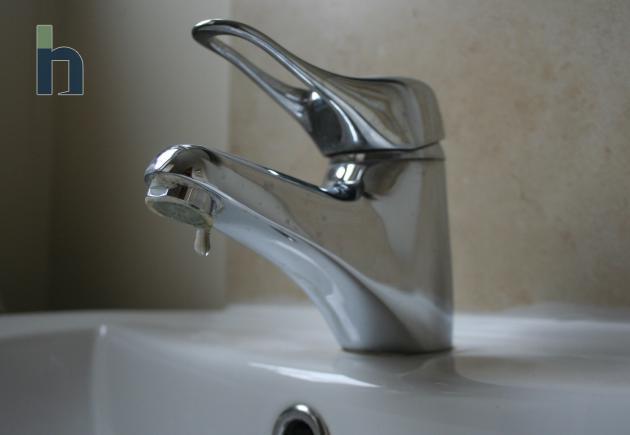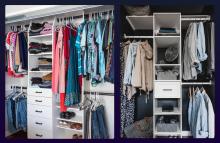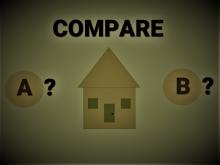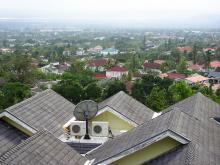How can you reduce your water bill?
- By Philmore Thompson
- Mar 7, 2016
- Updated Jul 5, 2017
-
4m
-
3
- RSS
Listen to article

Living in Jamaica, our water bill is the one utility bill we find the most challenging to keep low. Sometimes, when we let up our guard, the water charges would get so high we’d be paying $20,000 in one month. However, whenever we actively focus on water conservation, our bills would significantly drop.
Here’s what worked well for the various homes I lived in over the years.
- Check faucets for leaks.
Even a tiny drip can waste gallons of water per day. Fix leaks quickly, and if you can’t, because you’re strapped for cash, simply turn off the main as often as you can until you’re able to get the washers or faucets replaced. - Check your water meter for hidden leaks.
The water pressure at my parent’s house in Montego Bay was so heavy it was unreal. As a result, we would often have burst pipes without even being aware of them. So what did we do? Every week or so, my mother would read the water meter when everyone would head off to work and school in the morning, and then as soon as we return to the house in the evening, she’d check again to see if the reading had changed. Needless to say, if the numbers had changed, we’d all hunt down for the leak. - Check toilets for leaks.
You’d be surprised how few of us realise how much money we lose when our toilets leak. For the most part, if it’s a heavy leak, you won’t be able to miss hearing the sound of the tank refilling. However, if it’s a slow leak, you’re unlikely to notice even after your water bill climbs. So, what did my mother do? She’d add a blue toilet bowl cleaner tablet into the toilet tank, ensure that no one would flush the toilet, and return in 30 minutes or more to see if any of the blue colour had seeped into the bowl. If it had, we’d fix the leak as soon as we could. Apparently, you can also use drops of food colouring but we never did. - Wash dishes without leaving water running. I’ve never had a dishwasher, as I’m sure is the case for most of us Jamaicans. So, we wash our dishes by hand using two bowls and when I lived with my parents using two sinks, with one for washing filled half way with sudsy water, and the other for rinsing, with only tap water. The rinse water is changed only when necessary.
- Plant drought-resistant.
Growing up we didn’t have a lot of money for the non-essentials, so my parents did their best to only add plants to our yard that we didn’t need to water once they got established. So, we had trees like mangoes, papaya, ackee and breadfruit, herbs like thyme, comfrey and peppermint, and shrubs such as hibiscus, crotons, heliconia, jasmine and bougainvillea. - Turn off taps when they are not actively being used.
This is simplicity itself. Use less save more. So, don’t keep the tap running while you shave or have a shower after getting yourself soapy, until you need to turn it back on for your rinse. The same principle applies when brushing your teeth. - Minimise use of water when washing vehicles.
We washed my parent’s car using a bucket with soapy water, and rinsed it with rain water. Apparently you can lose as much as 10 gallons of water per minute if you opt to use a hose. With a bucket, I doubt you’d use as much as 5 gallons for each wash. - Last and by no means the least, look to use the rain.
Harvest rain water by getting a plastic drum or two, or other such container, to store the liquid sunshine we get so often in Jamaica. This can significantly reduce the water bill of your home. You can use the rain water in so many different ways…watering flowers, flushing your toilets, and washing your clothes. At the most basic level, you can collect water by placing your rain barrel or water tank in such a way that it can catch the water running off the roof of your house. We had a rain barrel. Nowadays, it's quite chic to setup a conveyance system to run pipes from your roof into your storage containers. You can even get more sophisticated by setting up a distribution system to move the water from the storage containers into the plumbing system of your house. That'll save you heaps.
This article is for general information purposes only and does not constitute legal advice.



